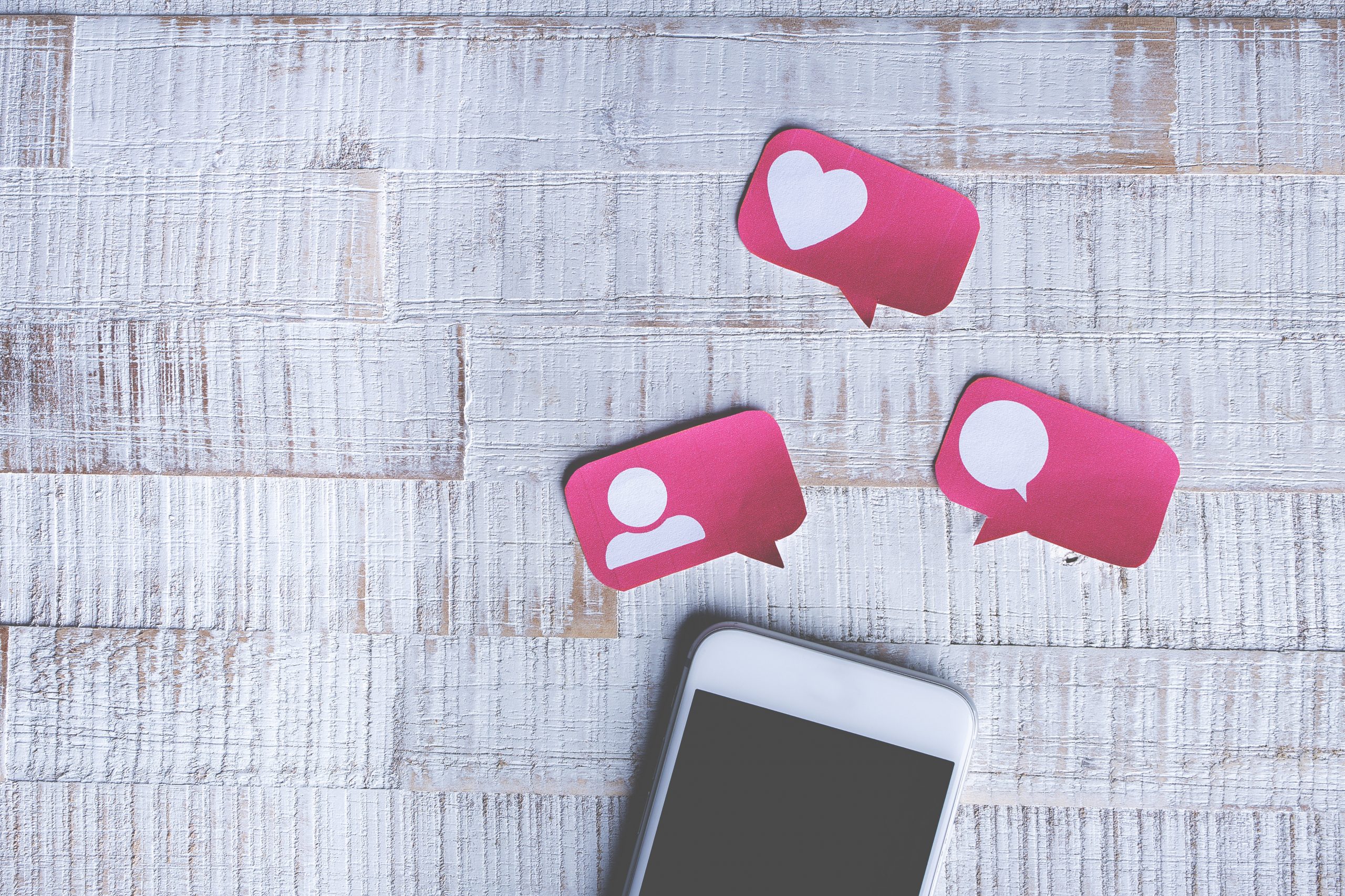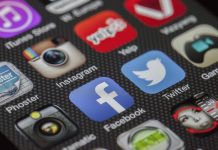
Millennials feel lonely on social media despite having thousands of friends, according to several studies.
Data gathered from the ones held by the University of Pennsylvania, market researchers YouGov, and Monitoring the Future, an annual survey funded by the National Institute on Drug Abuse show that instead of finding a community on social media, young people struggle finding one.
"The gateway to something between childhood and not childhood was your first smartphone," says Dr. Frank Ghinassi, senior vice president at RWJBarnabas Health Behavioral Health Network and President/CEO of University Behavioral Health Care (UBHC) in Piscataway.
Ghinassi says that connecting with others is easier nowadays because one can reach out to thousands of "friends" on Facebook and appeal to followers on Instagram who are exposed to the personal details you are willing to share. However, millennials still feel lonely on social media nowadays.
A Pew Research Center survey in 2018 showed that minorities of teens find the effect of social media as mostly positive (31%) or mostly negative (24%). Meanwhile, the largest share (45%) claims that effect has been neither positive nor negative.
Meanwhile, the survey "South Jersey Health Needs," held by the Senator Walter Rand Institute for Public Affairs at Rutgers University-Camden, revealed that millennials were 50 percent more likely than baby boomers to feel lonely. Respondents who were 40-55 years old were the "least lonely" while the loneliest group was aged 18-25.
What experts say
"It's known that college students can be lonely, as they leave the familiar and start over in a new environment," said Dr. Sarah Allred, the Institute's faculty director and lead investigator of the report, who also formed focus groups with undergraduates. "But people in their 30s are still reporting loneliness!"
"The general theme from the college students was that because it's so easy to make superficial connections on social media, they avoid awkward interpersonal conversations," says Allred. "We've all had these experiences as teens, and in working through them, we become the healthy well-adjusted adults we are," she added.
Dr. Dongsoo Kim, a clinical neuropsychologist at Holy Name Medical Center, shares that most of his patients in high school and college possess social skills that do not match their higher intelligence levels. “When they say they don’t have friends, they mean it,” he says.
“They don’t get to see visual social cues such as mannerisms, body language and facial expressions,” he adds.
Moreover, Dr. Andrew J. Lee, head of counseling and psychological services at Monmouth University in West Long Branch, points out that attention spans have shortened. "We get distracted easily," he says. "It's hard for students to do long-term planning and thinking about the future because everything is so immediate."






